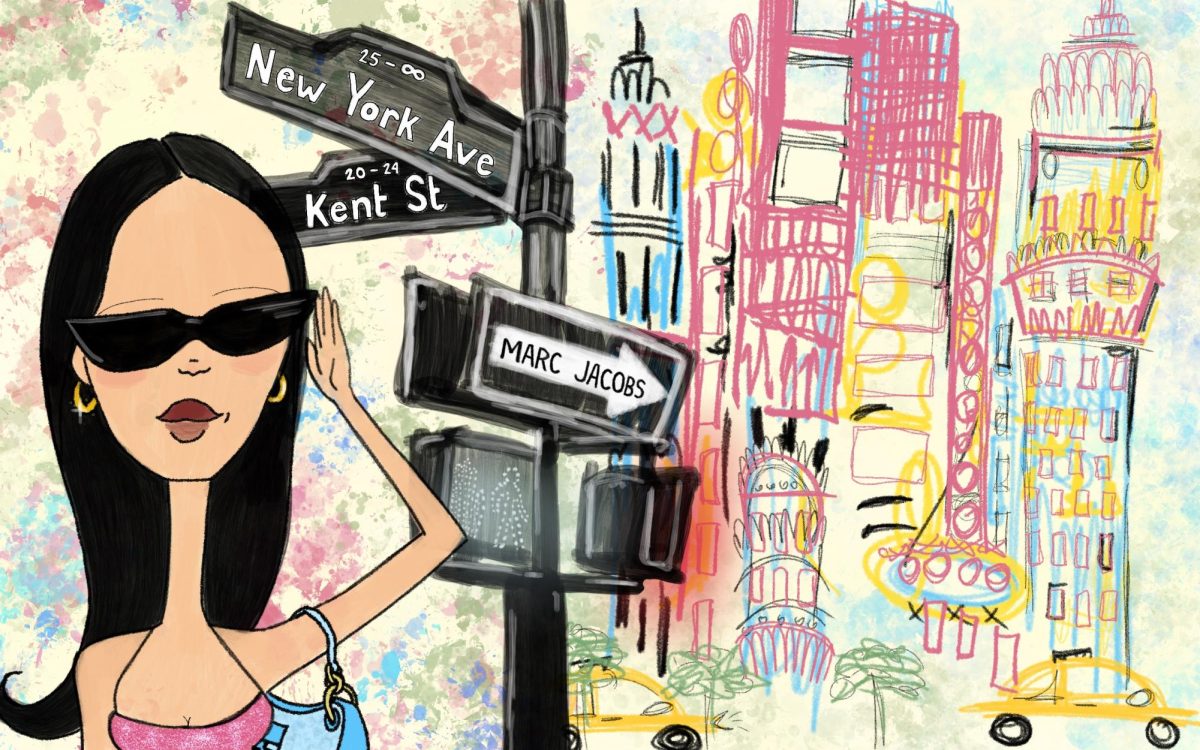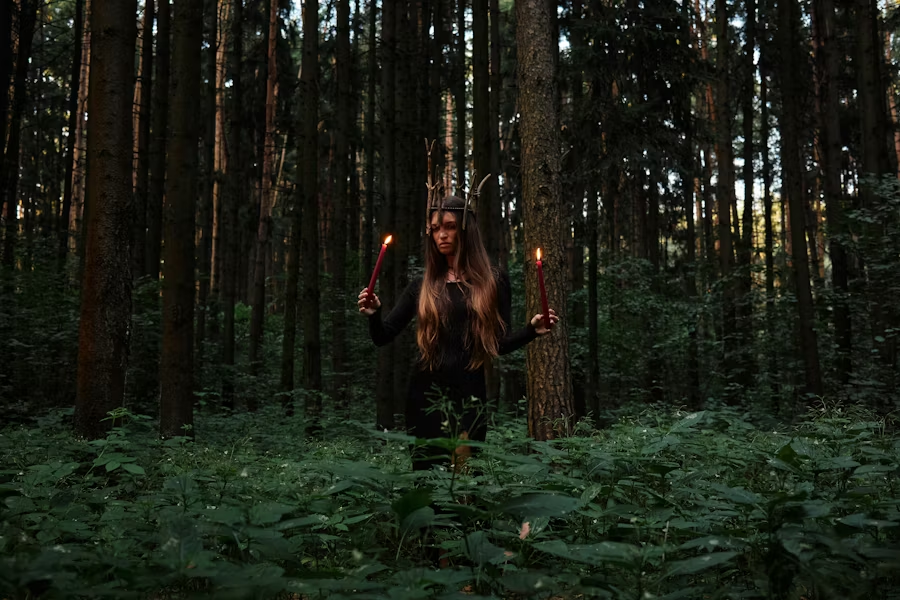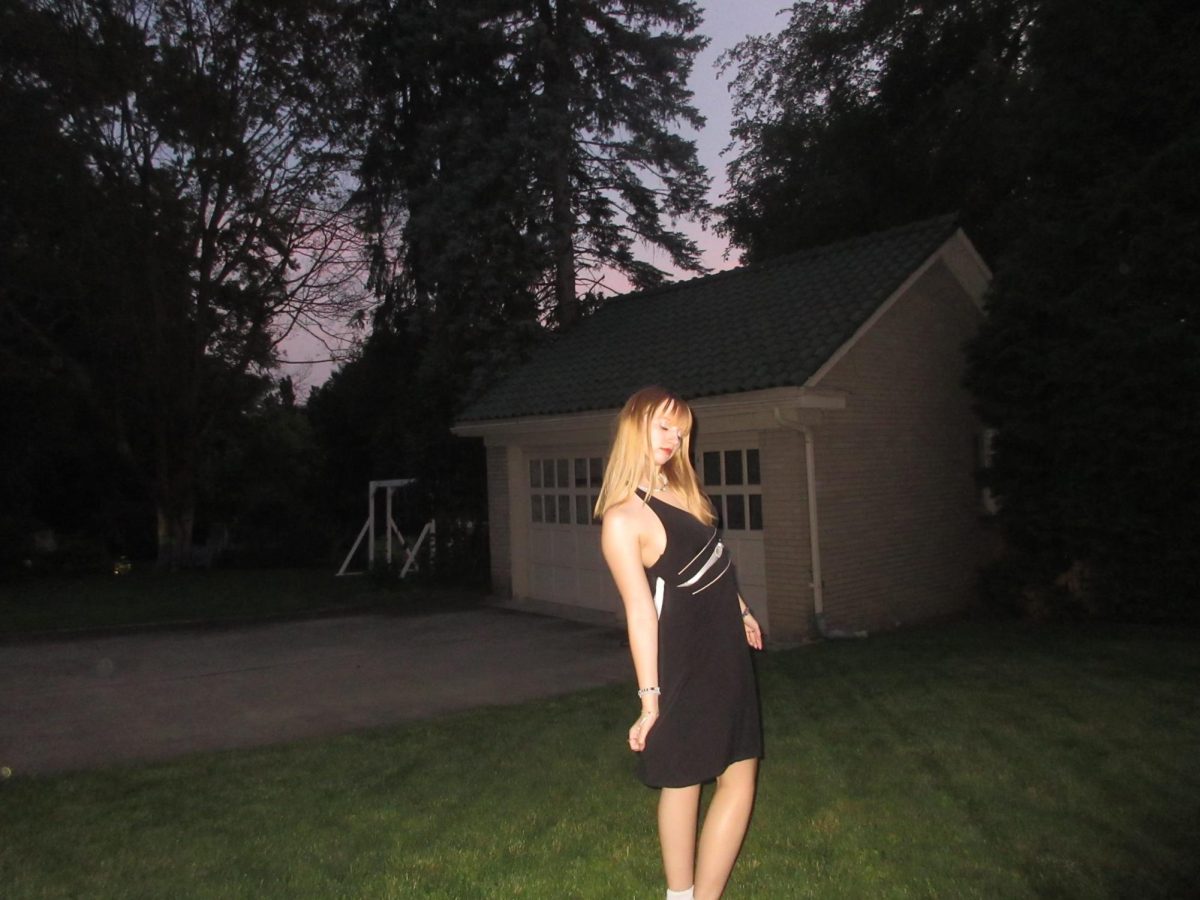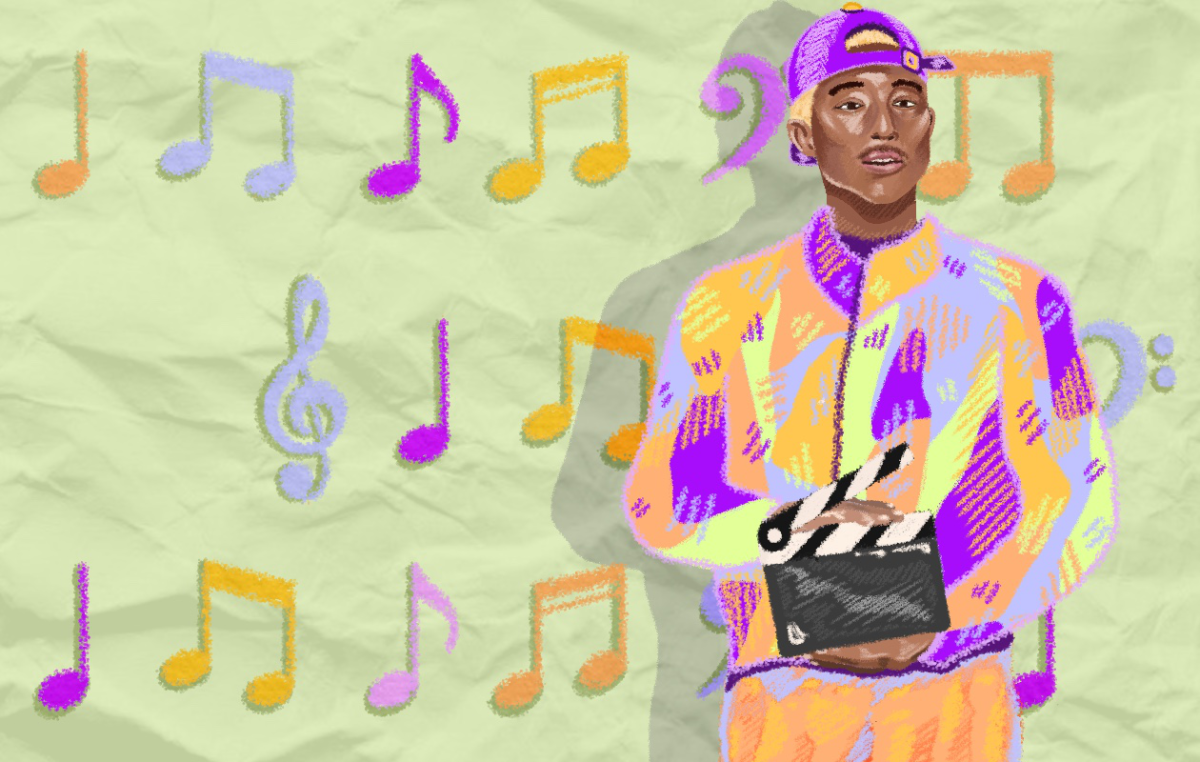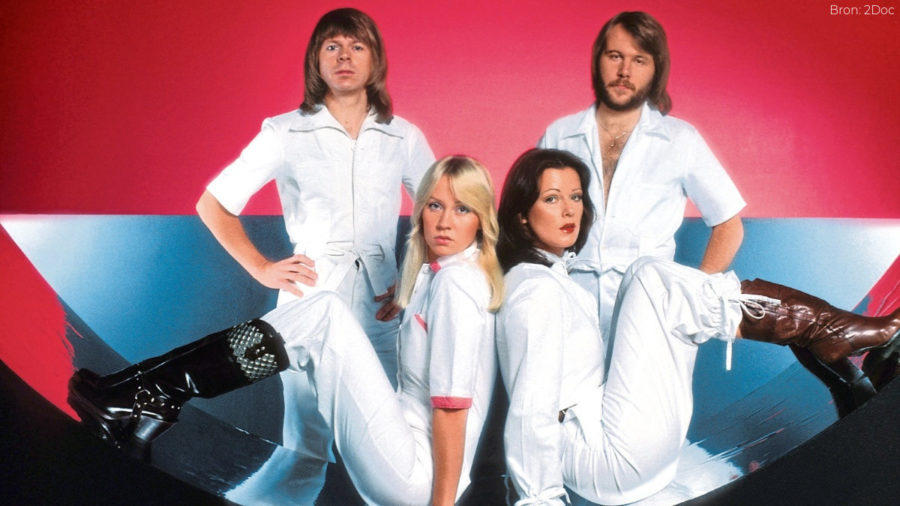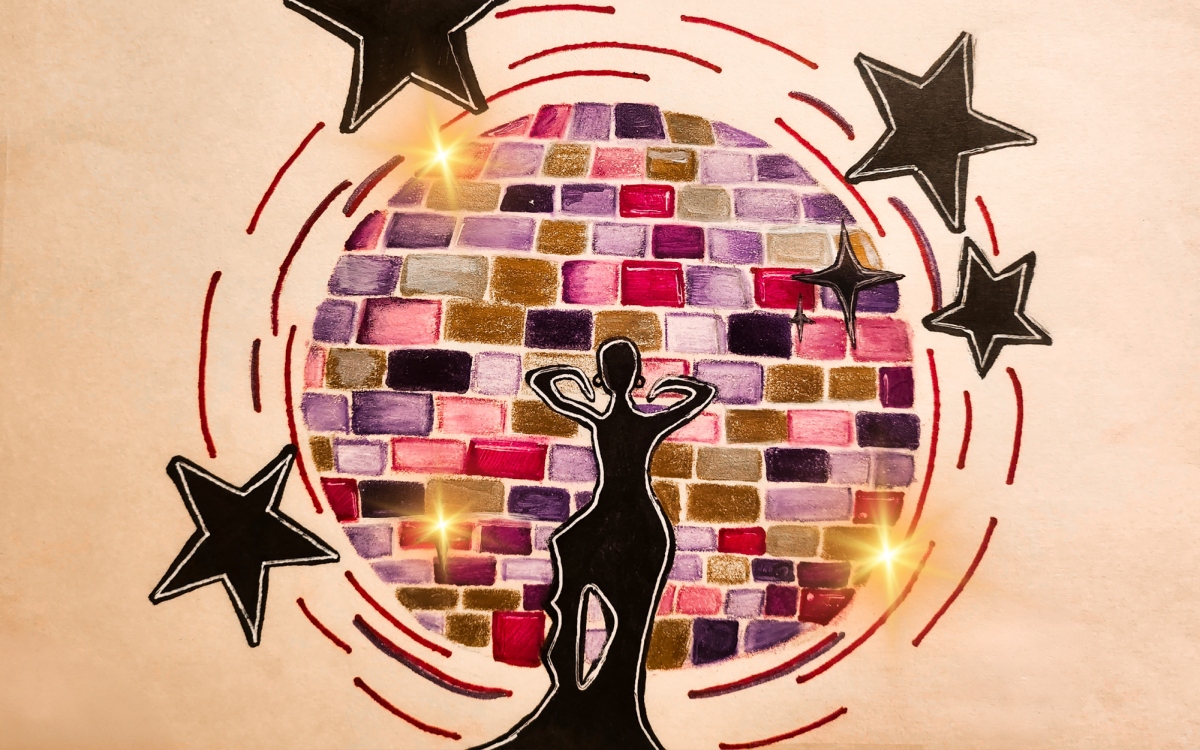Country music has held its core values in the honky-tonk Western lifestyle since the beginning. Freewheeling cowboys that live life through values of freedom are the true roots of where country music all started. Hank Williams, Lead Belly, Johnny Cash and Dolly Parton are only some of the many musicians who paved the way for country folk music as we know it today. We are now seeing a shift back to those roots, with artists like Chris Stapleton, Zach Bryan, Tyler Childers and Noah Kahan bridging the gap between country and folk and pushing politics to the side.
Over time, popular country music lost sight of its roots and turned into a more mainstream sound. This sort of calculated formula of songwriting in the genre has been put out time and time again, creating an almost empty meaning in its lyrics. The songs shifted from freewheeling freedom to an almost forceful right-wing patriotism. The transition from cowboy songs by a campfire to songs that spread an offensive, unwarranted message has created a huge divide and stereotype about those who listen to country music today.
According to Bobbie Jean Sawyer, a writer with Wide Open Country, a major shift in the genre was seen after the September 11 attacks on the Twin Towers in 2001. It became a time when Americans were united more than ever before and arguably the most united we’ve ever been as a country to this day. A huge testament to this effect was Toby Keith’s song “Courtesy of the Red, White, and Blue (The Angry American),” which was released after the attacks on 9/11. Its presence in music still holds true and was practically held as an alternative national anthem as America was grieving this shock. However, the patriotic lyricism that country music was written never disappeared, and that unification of freedom slowly shifted into a political, desensitizing message to listeners.
This divide is mostly expressed when artists such as Jason Aldean and Morgan Wallen come to the forefront. While their impact on the country music industry is justified, some may say they’ve provided listeners of their music with a negatively associated stereotype. Music is all about self-expression and sharing how you feel, but when it crosses the line of self-expression to hatefulness for those different from you, it causes concern for the true meaning. Anyone who’s been online in the past few months has heard the controversy surrounding Jason Aldean’s song “Try That In a Small Town.” CMT decided to cut the music video from airing because it promoted, according to NPR writer Emily Olson, “lyrics that glorified gun violence and conveyed traditionally racist ideas.” A verse from the song reads, “I’ve got a gun that my granddad gave me / they say one day they’re gonna round up. / Well that s*** might fly in the city / good luck / Try that in a small town.” Along with the point towards gun violence, the music video was filmed in front of the Maury County Courthouse building in Columbia, Tennessee. Olson also states it’s “the site of race riots in 1946 as well as a lynching in 1927 in which a white mob pulled an 18-year-old black man, Henry Choate, from jail and dragged him through the city by car, according to several media reports, including one detailed account from The Washington Post.”
This certain moment was only scratching the surface of many other issues in the country music industry. Other artists like Morgan Wallen have also had their fair share of controversies. In an age of social media where ‘cancel culture’ is so prevalent, it’s surprising how these men in country music have their careers and are still praised as if they did nothing wrong when so many other artists and celebrities have been unforgiven with no trace of them left online.
In light of this, however, many people are bringing country music back to its core. This music makes you feel the warmth on the darkest days, shares a piece of vulnerability, puts into words the way love makes you feel and integrates old-school notes of the banjo that make it feel old but so brand new. It’s been a sort of revival in this genre with younger generations, with Zach Bryan and Noah Kahan being at the forefront. Their ability to release catchy melodies with a small band, while collaborating with artists that transcend genres, allows listeners to expand their musical palette.
In juxtaposition to those harsh, forceful lyrics of Aldean’s song, we hear lyrics from Kahan’s hit song “Stick Season.” A snippet of the song reads, “As you promised me that I was more than all the miles combined / You must have had yourself a change of heart / Like halfway through the drive / ‘Cause your voice trailed off exactly as you passed my exit sign / Kept on driving straight and left our future to the right.” The openness to share vulnerability, especially as a man in a genre such as country folk music, is something that has been frowned upon for years but is becoming increasingly more welcomed especially in our generation.
With these artists bridging the gap between folk and country once again, artists like Chris Stapleton has been an underdog turned legend in the industry, and up-and-coming artists like Tyler Childers has been a pioneer in bringing back the honky-tonk Western songs like his song “Way of a Triune God.” His lyrics read, “I don’t need the laws of man / To tell me what I ought to do / He reached down and touched my hand / And gave me quite a talkin’ to.” Lyrics from Stapleton’s hit love song “Tennessee Whiskey” read, “Used to spend my nights out in a barroom / Liquor was the only love I’d known / But you rescued me from reachin’ for the bottom / And brought me back from being too far gone.” The feeling of freedom expressed by artists like them is done in such a way that it doesn’t tread on differing opinions but rather just expresses the trials and tribulations of the struggles of love, personal freedom and mental obstacles.
The return to traditional country music may be one of the greatest shifts in the way young people are listening to music today. In a digital world, more young people are trying to find that nostalgia, as well as finding community. Many artists in country music are headed towards a shift, where politics and differing opinions are the least of concern and all that’s left is the power of music, just like it started with.
Support Student Media
Hi! I’m Annie Gleydura, A Magazine’s editor-in-chief. My staff and I are committed to bringing you the most important and entertaining news from the realms of fashion, beauty and culture. We are full-time students and hard-working journalists. While we get support from the student media fee and earned revenue such as advertising, both of those continue to decline. Your generous gift of any amount will help enhance our student experience as we grow into working professionals. Please go here to donate to A Magazine.


